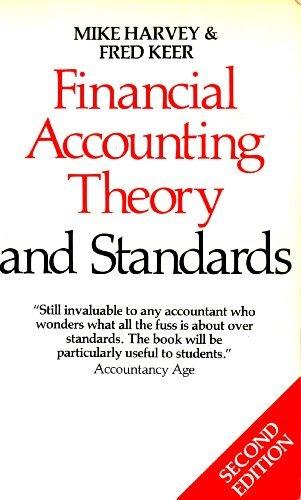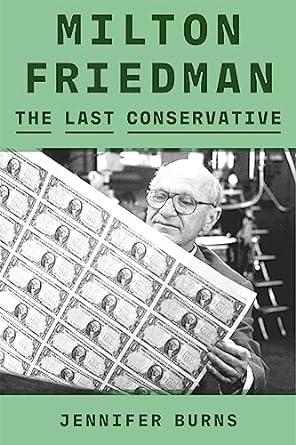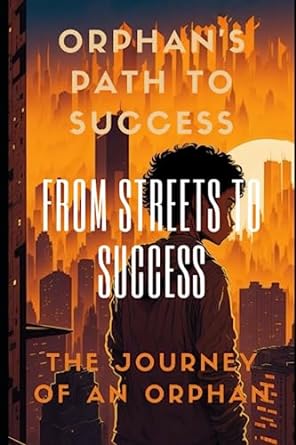Go back


The Poverty Of Philosophy(1st Edition)
Authors:
Karl Marx

Cover Type:Hardcover
Condition:Used
In Stock
Include with your book
Free shipping: May 10, 2024Popular items with books
Access to 3 Million+ solutions
Free ✝
Ask 10 Questions from expert
200,000+ Expert answers
✝ 7 days-trial
Total Price:
$0
List Price: $0.59
Savings: $0.59(100%)
Book details
ISBN: B0CQY77V1H
Book publisher: Grapevine
Get your hands on the best-selling book The Poverty Of Philosophy 1st Edition for free. Feed your curiosity and let your imagination soar with the best stories coming out to you without hefty price tags. Browse SolutionInn to discover a treasure trove of fiction and non-fiction books where every page leads the reader to an undiscovered world. Start your literary adventure right away and also enjoy free shipping of these complimentary books to your door.








